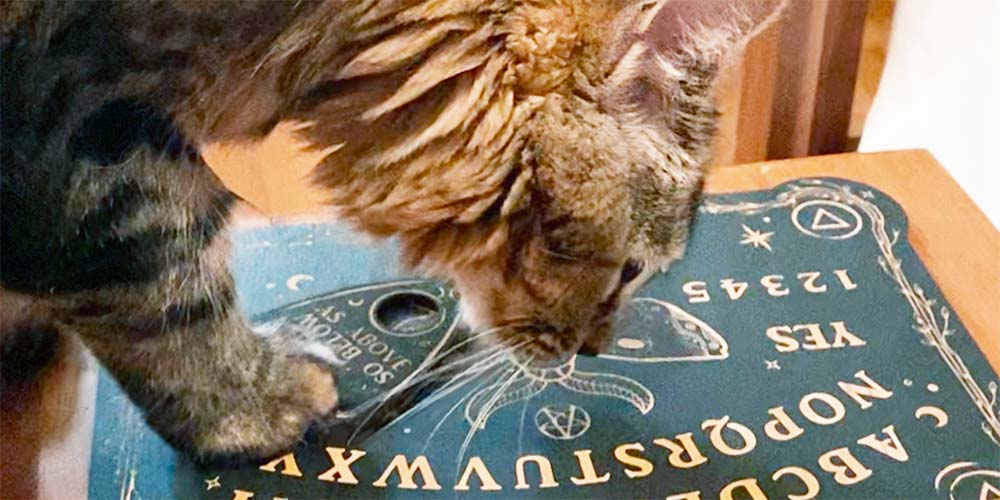Do cats sense ghosts better than dogs?

What’s really going on when your dog or cat reacts to something you cannot see? Do pets sense spirits in your house?

What’s really going on when your dog or cat reacts to something you cannot see? Do pets sense spirits in your house?